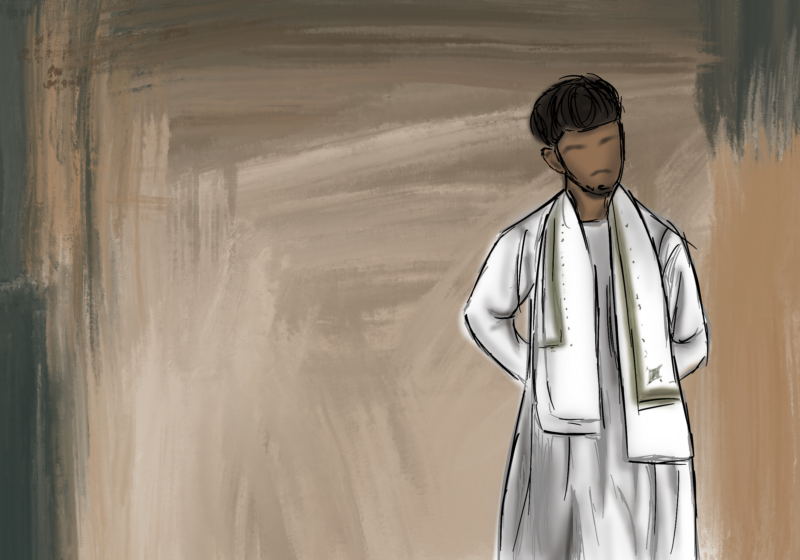Would you be treated differently if you wore a hijab?
That’s the question some students attempted to answer this past Thursday in celebrating the fifth annual World Hijab Day, which is dedicated to dispelling negative stigmas surrounding the titular Islamic headscarf worn by women.
“It gives non-Muslim women a chance to be in a Muslim women’s shoes and to really feel what it’s like to wear hijab,” said former graduate student Mai Ali ‘17, who is celebrating her 15th year wearing her hijab.
Initiated by Nazma Khan in 2013, World Hijab Day is an invitation for all women around the world, Muslim or not, to wear the hijab for a day in solidarity. Khan is a Bangladeshi New Yorker who migrated to the U.S. at the age of 11 and was constantly bullied for her hijab after the 9/11 attacks.
World Hijab Day aims to spread awareness about what the hijab is and what it is not.
“If we advocate for women to have ownership of their body, it would only be hypocritical to not give them the right to decide to be covered,” Ali said.
Some women may be forced to wear a hijab — a common thought among its critics — but others choose to.
“My hijab is mine; it’s not just a piece of cloth on the head,” said sophomore Mawada Mahgoub as she talked about overhearing a student calling her hijab “the thing on the head.”
For others, it is more of a religious choice to wear their hijab.
“It’s more than just modesty, it’s about connecting with my Lord,” said sophomore Sara Anis, president of the Muslim Students’ Association. “It’s an external representation of my inner spirituality.”
Many of the interviewed students who regularly wear hijabs expressed frustration with how others seem to perceive them as overly religious because of their headscarves.
“People assume I’m strict and I have no sense of humor when I’m the complete opposite of this,” Ali said. “While people think I’m very serious because of my hijab, I have minions singing in my head.”
Students expressed concerns that one day of solidarity may not be enough to eradicate the stigma around the hijab.
“I feel like this should be an initial step in finding out what hijab is,” Anis said.
Soon, UR will have its own annual “Hijab for A Day” organized by the Muslim Students’ Association during Islam Awareness Week in March.





